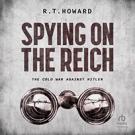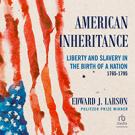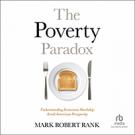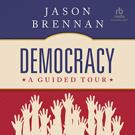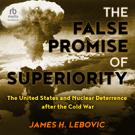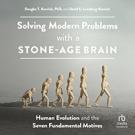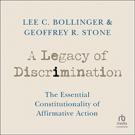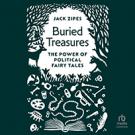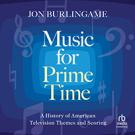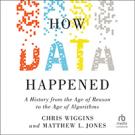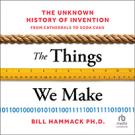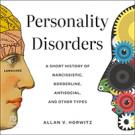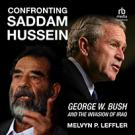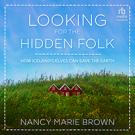History

| Page: | Show per page |
| View as: Grid List |
Sort by

|
Black Health in the South
edited by Steven S. Coughlin, Lovoria B. Williams, and Tabia Henry Akintobi; read by Emana Rachelle
Spying on the Reich
by R. T. Howard; read by Julian Elfer
Cold Peace
by Michael W. Doyle; read by Paul Heitsch
American Inheritance
by Edward J. Larson; read by David de Vries
The Poverty Paradox
by Mark Robert Rank; read by Barry Abrams
Camilla
by Angela Levin; read by Ana Clements
Democracy
by Jason Brennan; read by Jonathan Todd Ross
The False Promise of Superiority
by James H. Lebovic; read by David Stifel
Solving Modern Problems With a Stone-Age Brain
by Douglas T. Kenrick and David E. Lundberg-Kenrick, PhD; read by Chris Sorensen
The Point of No Return
by Thomas Byrne Edsall; read by Mike Chamberlain
A Legacy of Discrimination
by Lee C. Bollinger and Geoffrey R. Stone; read by Malcolm Hillgartner
Buried Treasures
by Jack Zipes; read by Stephen Bowlby
Music for Prime Time
by Jon Burlingame; read by Paul Woodson
How Data Happened
by Chris Wiggins and Matthew L. Jones; read by Eric Jason Martin
Righteous Rebels, Revised Edition
by Patrick Range McDonald; read by Paul Boehmer
The Things We Make
by Bill Hammack; read by Jonathan Todd Ross
Personality Disorders
by Allan V. Horwitz; read by Jonathan Yen
Jersey Breaks
by Robert Pinsky; read by Robert Pinsky
Confronting Saddam Hussein
by Melvyn P. Leffler; read by Christopher P. Brown
Looking for the Hidden Folk
by Nancy Marie Brown; read by Ann Richardson
| Page: | Show per page |
| View as: Grid List |
Sort by

|





